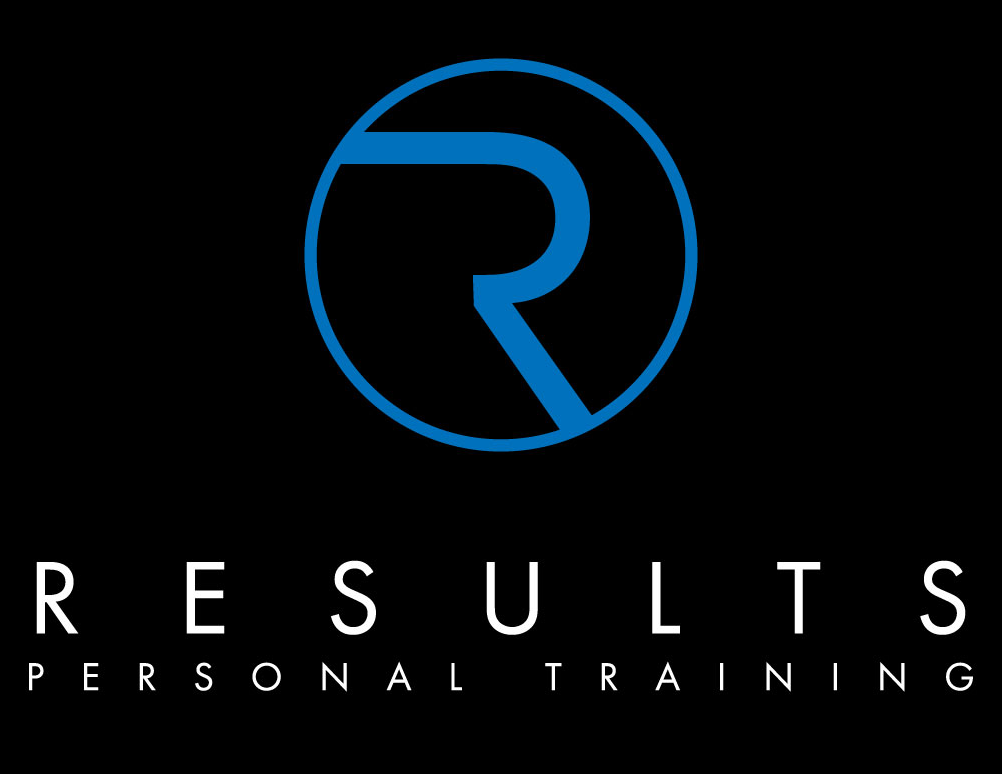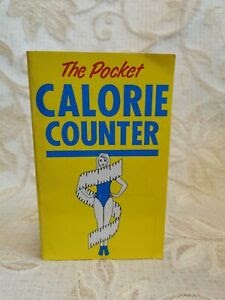So, you need to lose a few christmas kg’s and you jump on to the interwebs to look at the best way to do it. Before you know it you have been bombarded with what feels like a 100 different diets and the devoted, zealous supporters that come with each and everyone.
The Vegans have never felt better. The Carnivorous are bouncing with energy, The Keto enthusiasts swear by it.
While this can be frustrating to know what diet one should follow, it turns out that all diets have one common denominator:
An energy deficit
Yes, various diets work in different ways but ultimately when successful in losing those kg’s it is because they facilitate energy deficit
While there are hundreds of different diets there are only a few mechanisms these diets use.
Methods are many
Principles are few
Methods come and go
But principles never do
The key to successfully losing the kg’s is finding the diet that works for you…
Everyone is different, and what works for one doesn’t necessarily work for another. You need to consider – your unique goals, your personality type, your circumstances etc
Diet type 1 – The calorie counters AKA flexible dieting
Tracking your calories has been used by many successfully for years. Its particularly favoured by the bodybuilders and figure competitors and if you were going on a diet in the early 80s
Remember this pocket rocket
The Pros :
- No food is particularly off limits. Donuts, anyone?
- Calorie counting often leads to reading labels and having a better understanding of macronutrients
The Cons :
- It’s not an exact science. The laws of thermodynamics are based on a closed system meaning it doesn’t have much interaction with any other systems or the environment. That doesn’t sound much like your body does it ?
- The 3500 calories is a pound of fat is a myth. This number is made up. There isn’t a shred of scientific evidence that it’s true
- It can take the fun out of food
Calorie counting can work really well for some but not so well for others. If you don’t like the thought of weighing and measuring your food everyday then there are other ways
Diet type 2 – The rules based approach
There are many different philosophies and approaches that can lead to energy deficit. A few popular approaches in the rule based approach include… Keto, intermittent fasting, veganism, carnivour.
These approaches tend to have somewhat strict rules such as intermittent fasting that may include a 8 hour eating window followed by 16 hour fast. This limiting of time eating tends to mean less consumption of food overall
Keto limits carbs and moderates protein, veganism often focuses on fibre and consuming less protein compared to other diets and Carnivore limits carbs in all forms, even your veggies
The Pros :
- Having some clearly defined rules can make the process more clear cut
- These diets often bring many other benefits aside from weight loss (more energy, better skin, increase hormonal functioning etc)
- No need to track or monitor calories often makes for a better eating experience
The Cons :
- The rules can often be difficult to adhere to in social situations
- Some rule based systems can be heavy handed for example certain healthy foods may be off limits
- Some of these rule based systems may lead to nutritional deficiencies if care isn’t taken
Again, the rules based system may or may not be the answer for you.
Diet type 3 – The feeling approach
The feeling approach or the intuitive approach is based around gut instinct. Instead of counting calories or following rules, you simply strive to make better food choices and eat less than you’re used to.
As much as I would love to say this approach is my favourite, I feel too many of us have no idea of our gut feelings or how much we are actually consuming. You see if you asked me what my gut feeling was towards food… chocolate is the answer. And no matter how much I have eaten for a main I always have my dessert belly ready and waiting.
The Pros :
- No calories counting
- No food restrictions
- Easy to navigate in social settings
- You could learn good eating behaviours
The Cons :
- It’s the least reliable strategy. It may work for some but may fail for others
- People with poor discipline skills may struggle with this approach (that’s at least half of us)
- Other factors such as poor sleep can trick our brains into thinking we have eaten less than we actually have
Diet success
As I mentioned in the start of this post, finding the right diet principals are the key to diet success. And though that is true there are actually a number of other factors that can also have a huge impact.
Having the right social support and accountability – hiring a coach for accountability and check ins goes a long way – www.personal-trainers.co.nz
Minimising fridge and pantry challenges – stock up on the good foods and avoid buying crap
Avoid the perfectionism trap – it’s not about being perfect it’s about being better. If you try to be perfect and fall, you’re going to hit the ground with a much harder thud


Recent Comments